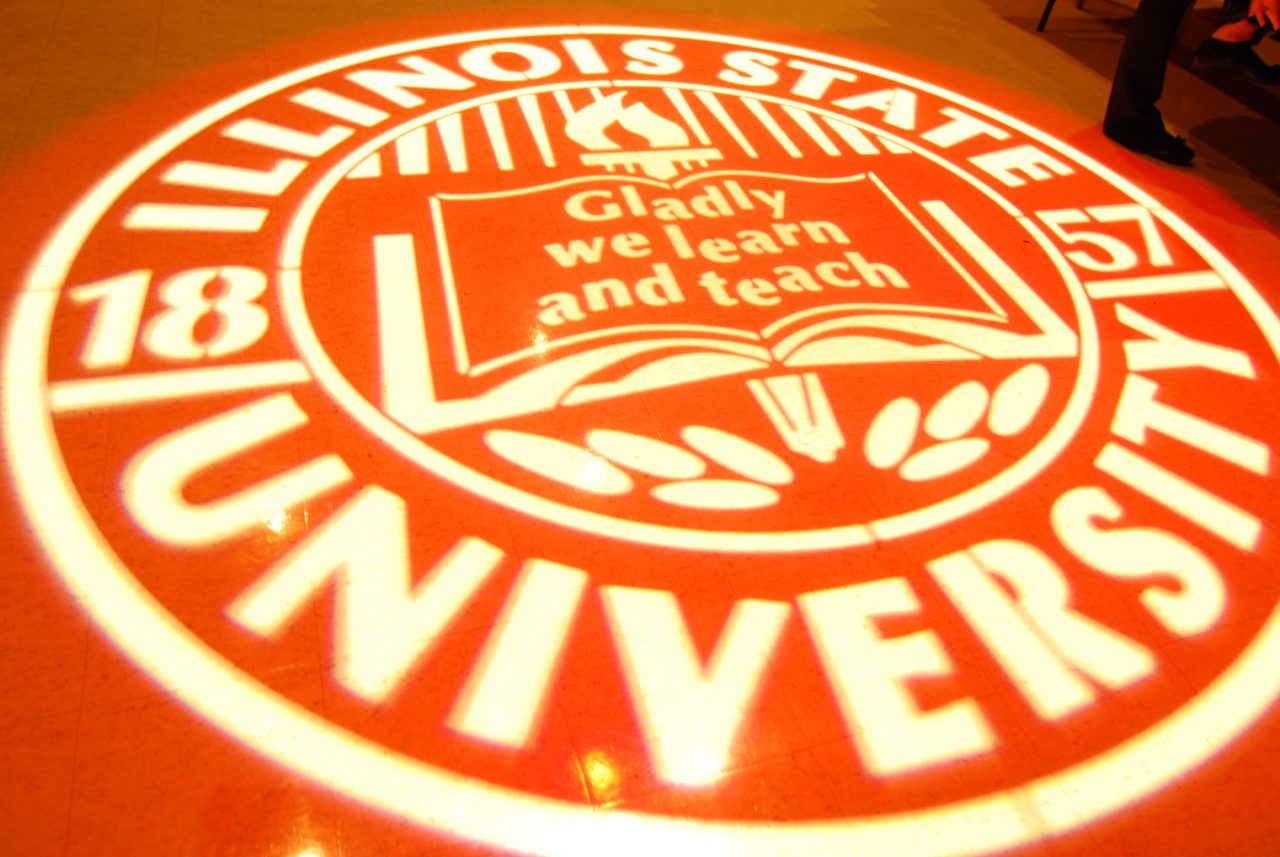Deciding on a course of study can often be a challenge, especially when students have diverse interests. The African-American Studies minor offers undergraduate students the opportunity to sample a host of disciplines while gaining insight into Black culture in the United States and African-Americans’ contributions to the country’s political, historical, social and artistic foundation.
The minor requires 24 hours, including a core of three courses on African-American history and literature. Students must also choose three electives from the social sciences and two electives from the humanities and fine arts.
“I think it is an important minor to have primarily because it appeals to an interpretation of American society and culture that isn’t mainstream and should be explored,” said Ron Gifford, academic advisor for the African American Studies minor. “It provides versatility that a lot of departmental minors can’t.”
The required core course offerings are ENG 165 Introduction to African-American Literature and Culture, HIS 257 African American History to 1865 and HIS 258 African American History Since 1865.
Students can choose from the social science electives HIS 111 or SOA 111 American Diversity: Contested Versions of the U.S. Experience, POL 140 Introduction to the Politics of Africa, Asia and Latin America, POL 334 The Politics of Race, Ethnicity and Inequality, and SOA 264 Racial, Social Class and Gender Inequality.
Rounding out the elective options in the humanities and fine arts are ENG 265 Foundations of African-American Literature and Culture, ENG 365 Movements and Periods in African-American Literature and Culture, IDS 203.05 Nations and Narrations: Africa, MUS 153 Black Music, MUS 154 Black Music II, and THE 154 Introduction to Black Drama and Theatre.
The program was available to students beginning in the 2004-05 academic year. It is still in its infancy with only a handful of students enrolled, but Associate Professor of History Touré Reed is optimistic about its future and the “vibrancy of the process of building the minor” so far. He is hopeful about building awareness of the minor, particularly through an increased web presence.
“I wish more people knew about it,” said senior elementary education major Brooke Greenwood, who is enrolled in the minor. “Being African American, it is good to know we have these courses offered in college that we didn’t have in high school.”
Students come from a variety of majors and will apply the minor differently. Some students have a specific reason for choosing the minor, such as an interest in pursuing African-American studies at the graduate level, but most just have a general interest.
Junior and mass communication major David Douglas is considering pursuing a master’s degree in education. “I wanted to learn more about Black people and their history. The minor will help with prior knowledge that I want to expand on.”
Reed said that overall students have had positive experiences and gained perspective on broader issues they have long had an interest in. “It’s less about a career and more about responsible citizenship,” he said.
Junior English major Ariel Howard had always had an interest in learning about Black history, especially after taking a class her senior year in high school. “It really taught black history and didn’t sugarcoat it,” she said. She only wishes the minor was more in-depth. “It could be more ecompassing of different perspectives with an emphasis on more contemporary ideas of Black history.”
“The minor provides students a context, a lens to view the world to make sense of the present,” said Reed.

